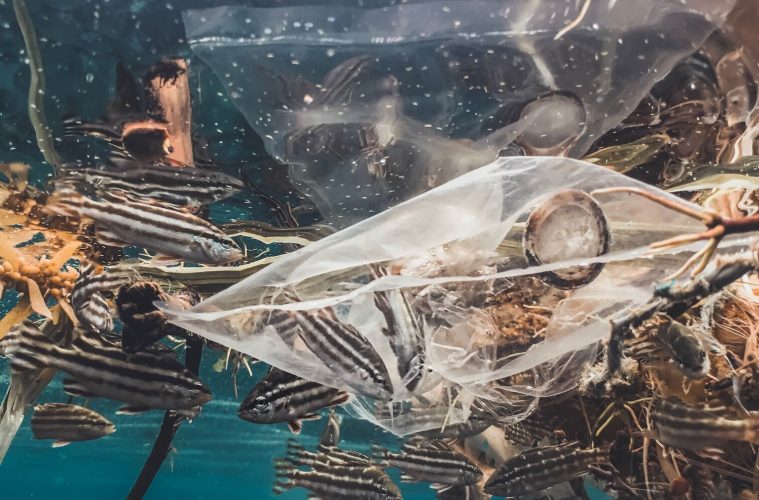We’ve heard it a million times, plastic is the leading cause of pollution, global warming and endangering marine life, resulting in a detrimental disturbance in marine ecosystems and causing havoc on humans and wildlife.
Movements like international plastic bag-free day cause us to pause and be cognisant about how we make decisions under the guise of convenience.
The life of a plastic bag starts off as a way to contain our groceries, which usually go from the store to the car and from the car into our homes. According to The World Counts, a plastic bag is used, on average, for 12 minutes. Many assume that would be the end of the road, but after those 12 minutes, that’s when the danger begins.
If they are thrown out (which they mostly are) they end up in landfills, where birds often mistake shredded pieces of plastic for worms and other food, and in the ocean where turtles confuse plastic bags for jellyfish and they end up choking and fatally losing their lives.
Fish also end up consuming tons of plastic, which makes its way up the food chain and into our stomachs in the form of microplastics, making our food toxic to the human body.
According to the WWF (World Wildlife Fund), humans consume microplastics through the air and food the size of a credit card.
Plastic bag statistics
- We use 5 trillion plastic bags per year
- It takes 1,000 years for a single plastic bag to degrade in a landfill. On top of this extended period of time, plastic bags don’t completely degrade, they become microplastics, which end up polluting the environment and being absorbed by animals and humans alike.
- Less than 1% of plastic bags are recycled
- Each ton of recycled plastic bags saves the energy equivalent of 11 barrels of oil.
- 10% of plastic ends up in the oceans
- The fossil fuel industry plans to increase plastic production by 40% over the next decade.
By the year 2050, there will be more plastic in the ocean than fish.
What can we do?
Embracing change on days like 3 July, helps us form new habits. Days like to today helps us educate ourselves and create a world we are mindful of the convenient choices that we make daily.
- If you already have plastic bags stored away in a cupboard, reuse them. Reusing will curb you from purchasing any additional plastic bags.
- Spread the word and encourage your family and people in your immediate circles to put an end to single-use plastic
ALSO SEE:
Feature image: Unsplash

